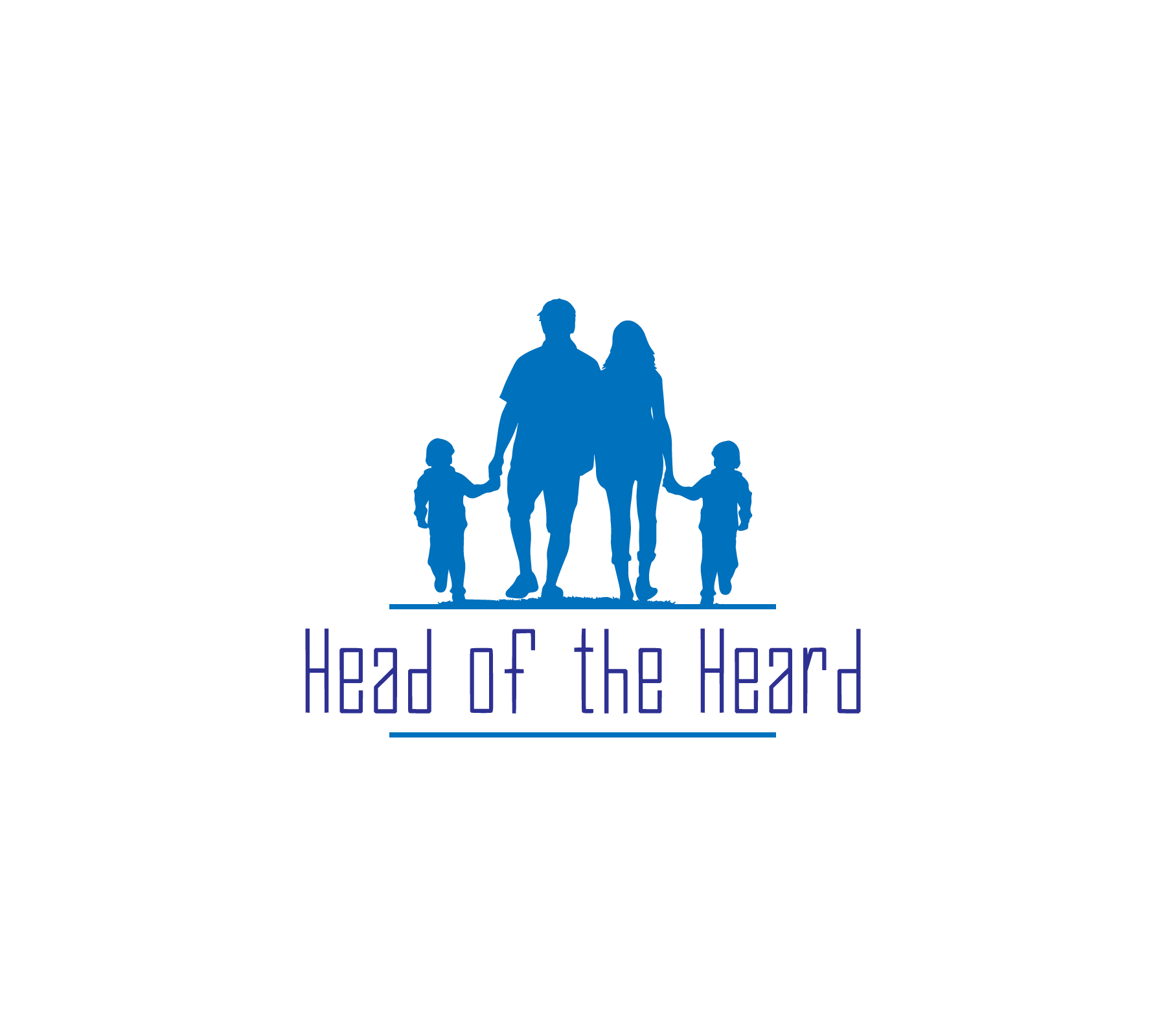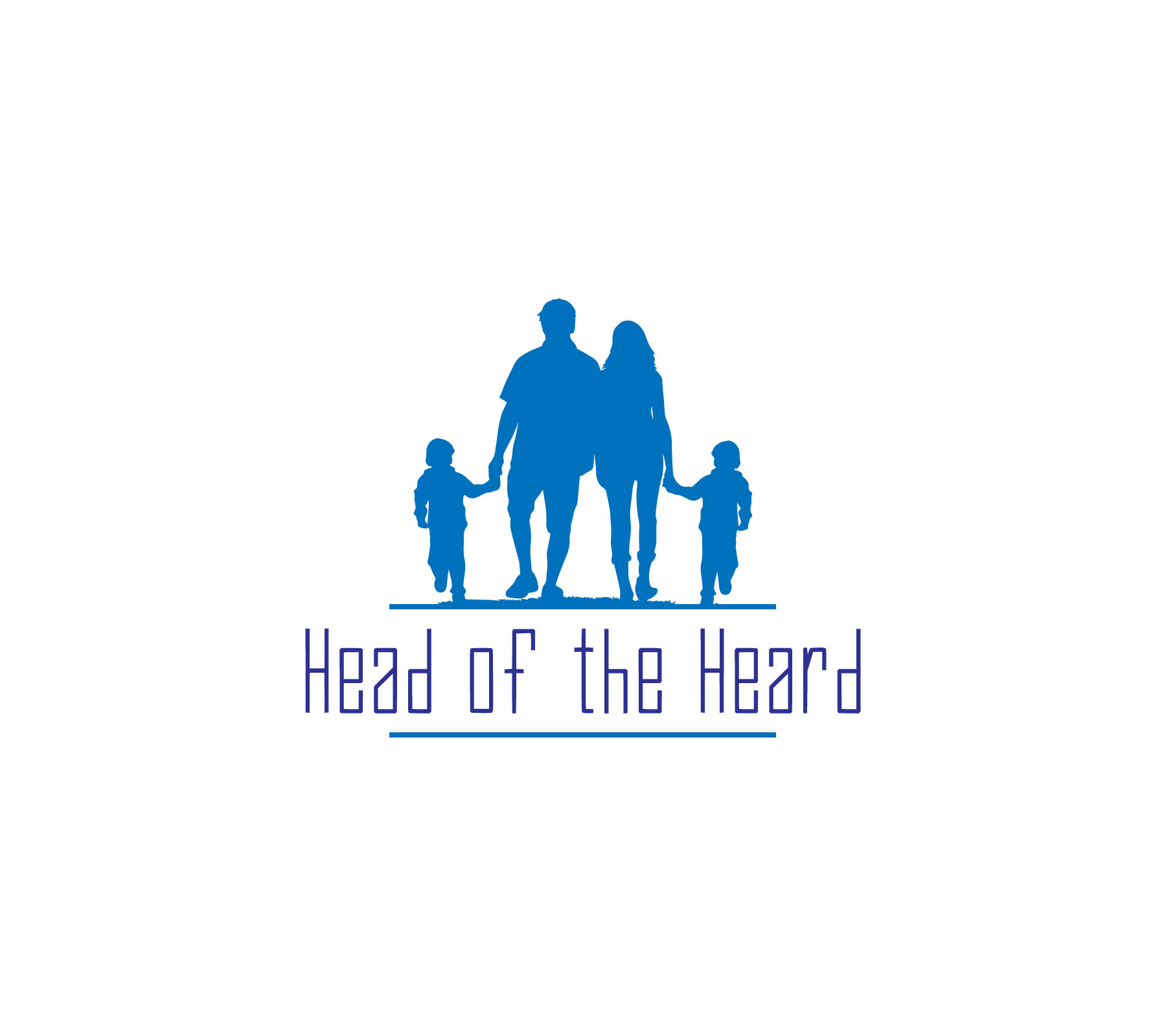Scrabble by jcolman – (CC BY-NC-ND 2.0)
Hello and welcome to this month’s Blogging Carnival for Raising Multilingual Children. I asked people to submit things they have written on the theme of Language Play and it has been an honour to be able to read everything, get some inspiration and realise once again how important play is to learning anything, but especially language.
The first post is from Rabble Raiser and looks at how he created flashcards for English, Latin and American Sign Language. There are a lot of possibilities with these flashcards, including memory games and team games.
Next up is Raising a Trilingual Child who reminds us that it is never too early to play with your language.
Soul Travelers sent in a vlog of her daughter who is living proof that play is important as she uses Mandarin
And we don’t have to use modern technology to play with our language and Mommy Plays English proves with her twist on the classic game of Hangman.
Where is My Mind reports on a number of different games she plays with her kids as she seeks to help them learn Gaelic.
Anti-playing by The Advocacy Project – (CC BY-NC-SA 2.0)
In The Playroom use plasticine to incorporate kinaesthetic activities into learning the Arabic alphabet. if you have active kids, then you could get some great ideas here.
Of course, no blogging carnival on language is complete without Expat Since Birth, and she has risen to the occasion once again with a blog packed full of resources for using poetry. It also has two great videos from Benjamin Zephaniah, one of my favourite poets who also comes from my home city of Birmingham in the UK.
Another regular contributor to blogging carnivals is Multilingual Parenting who has also provided a piece with 14 different fun activities for word play.
And last but not least, we all know how powerful songs can be when learning any language, and so All Done Monkey has provided us with a way to teach everything about the letter E in Spanish.
If you would like more information about what this carnival is all about, please go to The Piri-Piri Lexicon who organises it all.





